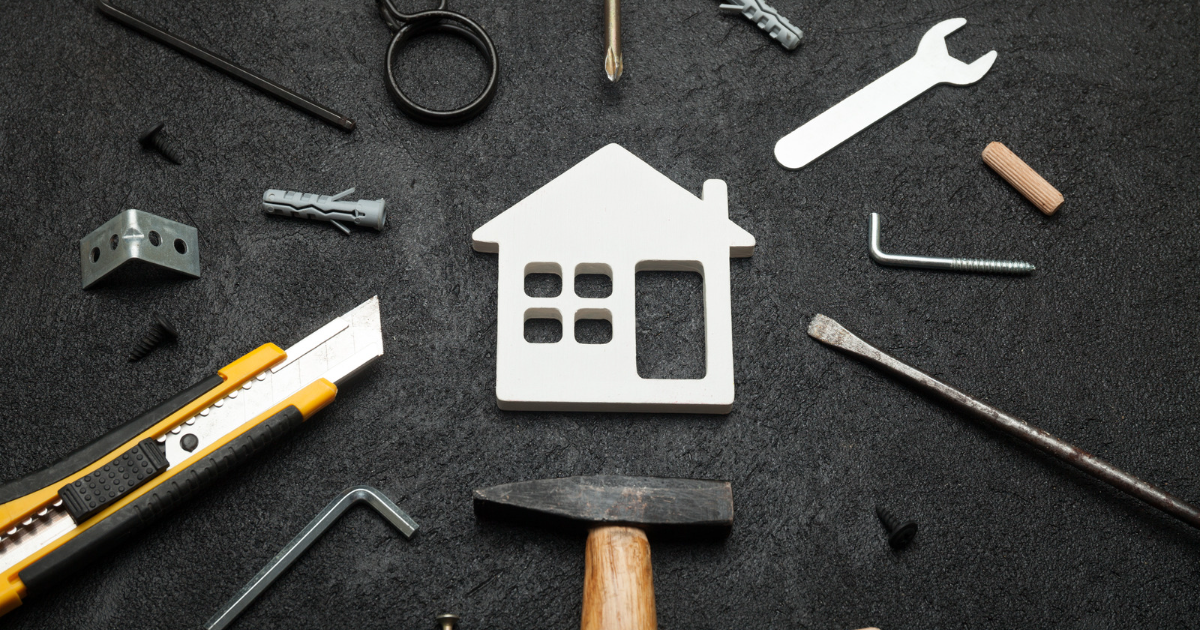How Much Can You Write Off for Repairs on Rental Property? A Landlord’s Guide
How Much Can You Write Off for Repairs on Rental Property? A Landlord’s Guide
Blog Article
Once you possess hire home, handling repairs and knowledge how they influence your fees is vital for economic success. The IRS gives particular recommendations for categorizing and deducting property-related costs, which can immediately influence your bottom line. This article explains essential points about repairs and maintenance rental property, IRS rules, and related deductions.
Fixes vs. Changes — What's the Big difference?
The IRS makes a clear variation between repairs and improvements in regards to rental properties. Fixes are considered costs sustained to steadfastly keep up the property in their recent problem, while changes enhance the property's value or considerably extend its lifespan.
•Fixes: Repairing a leaky touch, patching drywall, or exchanging a broken window. These are deductible in exactly the same duty year the expense is incurred.
•Improvements: Adding a new deck, improving an HVAC process, or remodeling the kitchen. These must certanly be capitalized, meaning you deduct the fee steadily over many years through depreciation.
Getting this variance right matters. Misclassifying a marked improvement as a repair could cause penalties or audits.
Are Repairs Fully Deductible?
Sure, repairs for the hire property are deductible, but ensuring submission with IRS principles is critical. These costs may be deduced from your own rental money, reducing your taxable revenue for the year. For instance:
•If spent $300 fixing a plumbing concern, that charge may be deduced fully in the entire year it's incurred.
•Modest expenses, like painting or correcting a home hinge, also fall under deductible repairs.
Recall, only expenses immediately associated with sustaining or fixing the house qualify as repairs.
Safe Harbor Rules for Little Landlords
Small landlords may take advantage of the safe harbor election beneath the IRS's concrete home regulations. This provision allows landlords to deduct certain costs up to $2,500 per object or bill without capitalizing them. If suitable, you can take expenses like exchanging a damaged appliance or modest roofing repairs.

Record Every thing
To protect yourself during audits and assure appropriate tax processing, thorough documentation is key:
1.Receipts: Keep detail by detail bills for all fix expenses.
2.Invoices: Obviously itemized documents from technicians or restoration services.
3.Photos: Before-and-after photos that report the nature of repairs.
4.Proof of Cost: Bank statements showing obligations designed for repairs.
Ultimate Hint
Understanding hire home restoration deductions can save you money, but IRS principles can be complex. Working with a tax professional ensures conformity while maximizing deductions, making you more time to concentrate on controlling your investments. Report this page